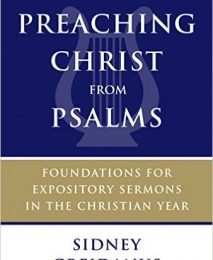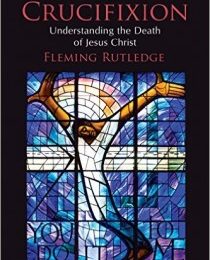Why Do Unborn Babies Matter? Just Because They Are
A few of us were having a conversation yesterday and something a member of the class I lead said reminded me of a quote I had just read and to which all pro-lifers would probably say a hardy “amen.”
The great apologist G. K. Chesterton once wrote, “All men matter. You matter. I matter. It’s the hardest thing in theology to believe.” Rob Renfroe took Chesterton’s observation and concluded, “And that God—the God who is big enough to speak all of that [just the part of the universe we know about] ..








